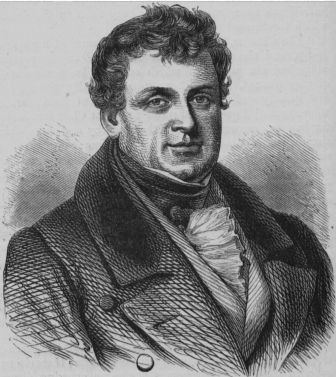The United Irishman lasted a mere three and a half months before it was suppressed by the government. Still it was phenomenally popular as Mitchel succinctly and clearly set out Young Ireland policies:
‘Land in Ireland is life: in proportion that our people keep or gain some foot-hold on the soil, in that proportion exactly they will live and not die’ (Vol 1 : No 2).
He fearlessly addressed what he especially thought of as his own people, the labourers, farmers and artisans of Ulster whose virtues (self-reliance, thrift, honesty and pragmatism) he especially admired. ‘How much of the corn that you sow and reap, do you get to eat?’
‘I would like to meet the Northern farmer’, he opined, in reference to the latter’s loyalty, ‘who would prefer dear government to cheap government: who likes the House of Brunswick (today we would say Windsor) better than his own house: who would rather have the affairs of the country managed by foreign noblemen than by himself and his neighbours …’
He concluded that an Irish revolution was an assertion of this self-reliance and independence and a defence of one’s home and soil. He also demanded the extension through the country of the Ulster Custom (fixity of tenure, fairness of rent and compensation for improvements).
Mitchel’s radicalism would have remained a minority opinion but for the Revolution in France in February 1848. Because the latter was bloodless, the estranged Young Irelanders rallied back to Mitchel’s cause: his group swiftly rejoined: even Conciliation Hall Repealers (O’Connell was dead) hoped for war between France and England to leave them in an excellent position to demand Repeal. The Irish Confederation openly discussed the probability of an Irish revolution.
Even Gavan Duffy, his biographer and early friend, who in latter years acquired an animosity towards Mitchel, wrote:
‘Since the French Revolution (Feb ’48) his popularity has become prodigious: that opportune transaction seemingly, to his multitude of adherents, to be in some way his individual work. The boldness with which he threatened and assailed the government in his paper delighted the people: and his reputation grew with the rapidity that is only known in revolutions and was swollen by the most amazing myths … his latest profession on any subject was set up as a sort of eternal standard of right, from which deviation was shameful …’
Those who would dismiss Mitchel as a mere political polemicist and phamphleteer are very wide off the mark.
… more later …
